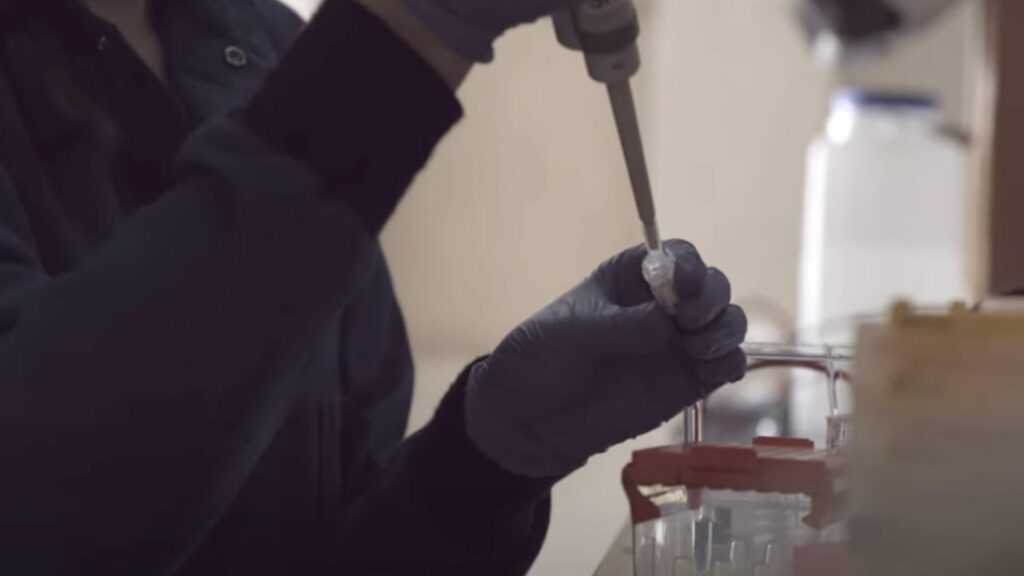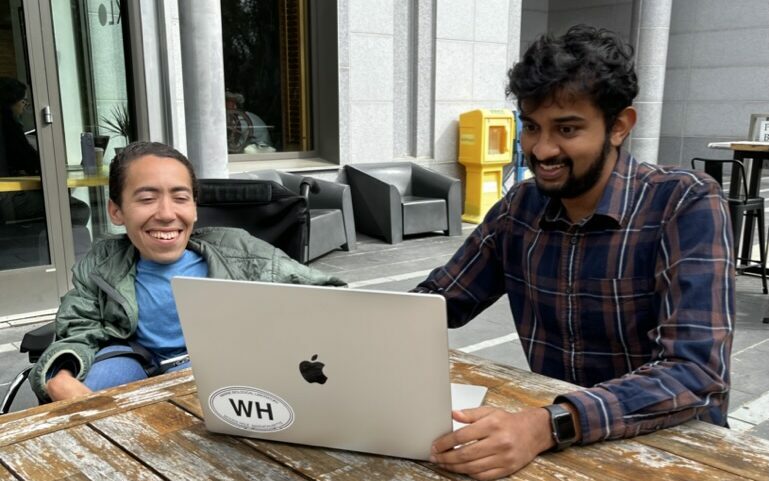Rebecca completed her PhD in Chemistry at the University of British Columbia, where her research focused on identifying cleaner ways of performing routine chemical transformations. Using metallic membranes and a specially-designed reactor, Rebecca worked to perform hydrogenation reactions, common in food, petrochemical and pharmaceutical industries, with electricity and water rather than with pressurized hydrogen gas.
As a Schmidt Science Fellow working at the Nocera and Silver Labs at Harvard, Rebecca explored methods of converting CO2 and N2 to food products and other chemicals using microbes, pivoting to explore the advantages of using living systems over synthetic pathways for energy storage and CO2 and N2 reduction. This potentially high-impact work in an under-explored area has the potential of both consuming waste CO2 gas to store renewable electricity, and producing valuable products in ways that overcome the disadvantages of synthetic electrochemical techniques.
Rebecca is now Assistant Professor at Northeastern University.
Rebecca plans for a research career focused on discovering ways of implementing renewable energy technologies with synthetic, biological, and combined systems, with the ultimate goal of finding cleaner ways to make fuels, foods, and other important products.


